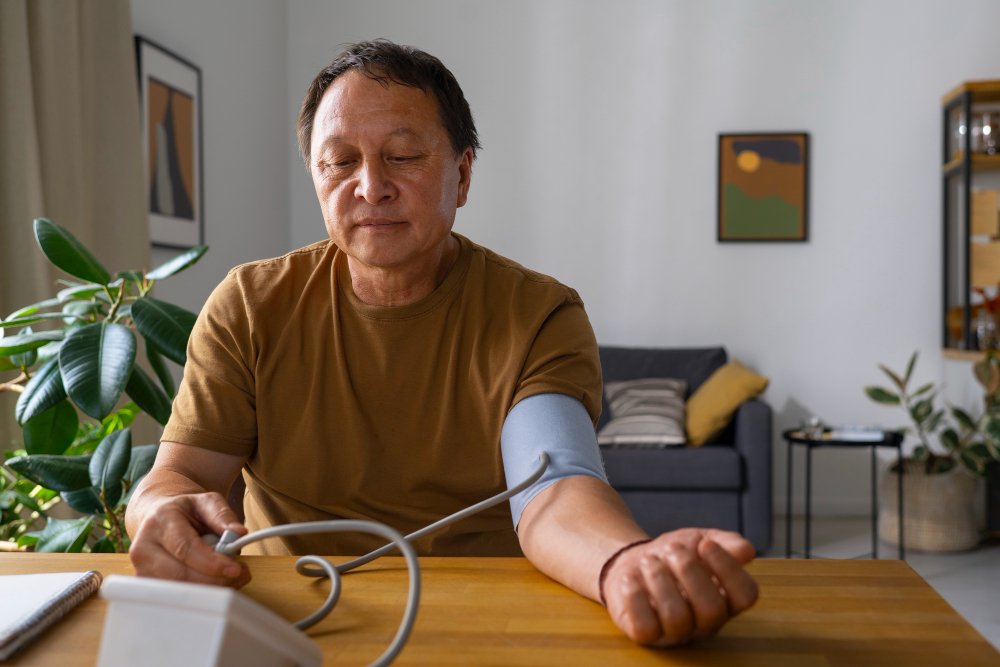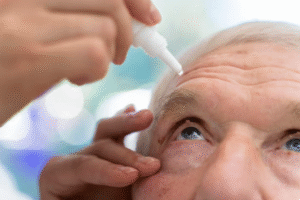Overview
Hypoglycaemia, or low blood sugar, occurs when blood glucose levels drop below the normal range, usually below 70 mg/dL. It is most commonly associated with diabetes treatment, especially in individuals taking insulin or certain oral medications, but it can also occur in non-diabetic individuals due to various medical conditions.
In Korea, where the prevalence of diabetes is increasing due to dietary changes, sedentary lifestyles, and aging population, hypoglycaemia is a significant health concern. Korean hospitals and diabetes centers provide advanced glucose monitoring, emergency care, and long-term management strategies. With the widespread use of continuous glucose monitoring (CGM) devices and telemedicine, patients in Korea can better prevent and manage hypoglycaemic episodes.
What is Hypoglycaemia?
Hypoglycaemia is a condition where blood sugar levels fall abnormally low, depriving the body and brain of the glucose needed for energy. It may result from medications, dietary imbalances, excessive alcohol, hormone deficiencies, or rare medical conditions. Severe cases can lead to seizures, loss of consciousness, or even death if untreated.
Symptoms
- Shaking, trembling, or sweating
- Palpitations or rapid heartbeat
- Hunger and nausea
- Irritability, anxiety, or confusion
- Dizziness or blurred vision
- Weakness and fatigue
- Headache
- Severe cases: seizures, loss of consciousness, or coma
Causes
- Diabetes medications – insulin and sulfonylureas
- Skipping meals or fasting
- Excessive alcohol consumption (common trigger in Korea with social drinking culture)
- Excessive exercise without adjusting food intake
- Hormonal disorders – adrenal insufficiency, pituitary disease
- Critical illnesses – liver disease, kidney failure, or sepsis
Risk Factors
- People with diabetes on insulin or oral hypoglycaemics
- Older adults with multiple health conditions
- Excessive alcohol intake (common in Korean nightlife)
- People with irregular eating habits
- Intensive physical activity without proper nutrition
- Children with metabolic or endocrine disorders
Complications
- Seizures
- Loss of consciousness
- Accidents or injuries due to sudden fainting
- Brain damage (rare but possible in prolonged severe hypoglycaemia)
- Increased risk of cardiovascular events
- Reduced quality of life due to fear of recurrent episodes
Prevention
- Regular blood glucose monitoring (glucometers, CGMs)
- Consistent meal patterns and balanced diet
- Adjusting insulin or medication dosages under medical guidance
- Avoiding excessive alcohol intake
- Carrying quick sugar sources (glucose tablets, juice)
- Education on recognizing early warning signs
Treatment Options in Korea
Diagnosis
- Blood glucose testing (capillary and venous samples)
- Continuous glucose monitoring (CGM) systems
- Review of diabetes medications and lifestyle
- Endocrine evaluation if non-diabetic hypoglycaemia is suspected
Medical Treatments
- Immediate treatment: glucose tablets, sugary drinks, or snacks
- Glucagon injections (widely available in Korean hospitals and for home emergency kits)
- Medication adjustments for diabetes patients
- Hospital-based IV glucose for severe cases
Surgical or Advanced Therapies
- Not typically surgical
- In rare cases, surgery for insulinoma (insulin-secreting pancreatic tumor) may be required
- Advanced digital tools in Korea: CGM, insulin pumps, and AI-driven diabetes management apps
Rehabilitation and Support
- Diabetes education programs (widely available in Korean hospitals)
- Nutrition counseling with clinical dietitians
- Lifestyle modification workshops
- Support groups for diabetes and hypoglycaemia management
- Telemedicine follow-ups for continuous monitoring













